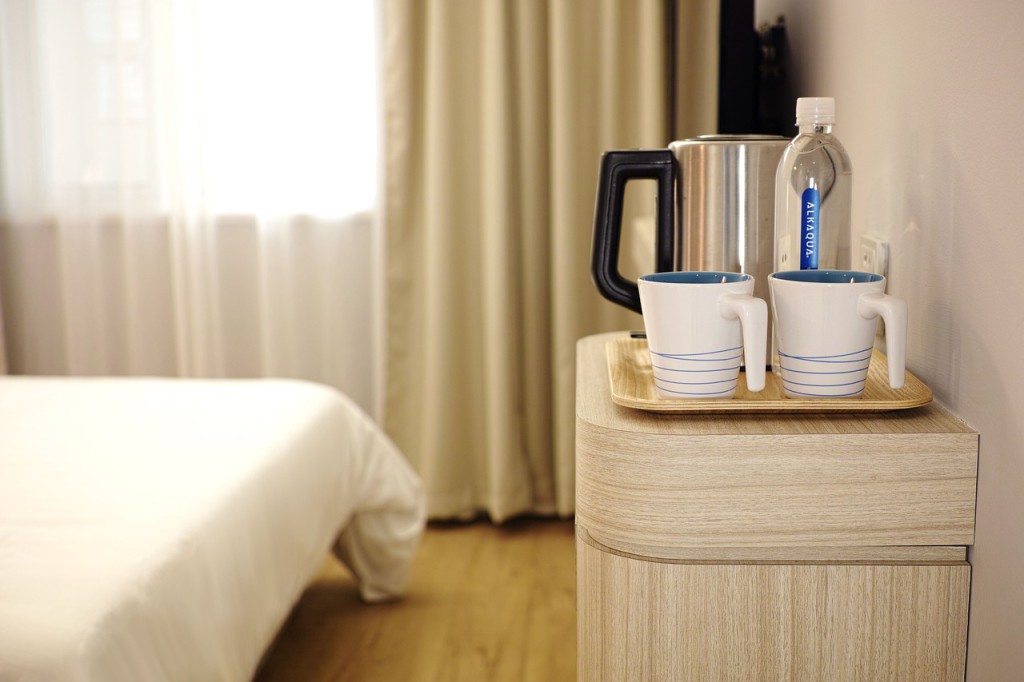A third of people have switched hotel rooms due to 'bad air', research shows

New research has uncovered the significant influence of air conditioning and ventilation on top-tier hospitality experiences, emphasising the vital role of air as a wellness trend gaining traction within the industry.
The study of over 2,000 people, commissioned by MAPUK, sheds light on the critical role HVAC plays in guest satisfaction and loyalty within the hospitality industry.
According to the research, poor air distribution and ventilation are likely to deter three in four guests from returning to a hotel or restaurant. Following the pandemic, and amid a growing awareness of the importance of indoor air quality, luxury hotels and restaurants are reported to be facing a new imperative: integrating superior air standards seamlessly into their interiors.
However, according to the research, one in three fine diners have meals disrupted and 55% of luxury hotel guests report sleep disturbances due to noisy air conditioning or ventilation systems.
Commenting on the survey results, Barry Hobday, Managing Director at MAPUK, said: 'In 2024, effective HVAC solutions have become an imperative: it plays a vital role in our health, wellbeing and overall comfort within any building. Balancing the best possible HVAC environment with sustainability, style and comfort is becoming paramount, with commercial success depending on its effective implementation.'







